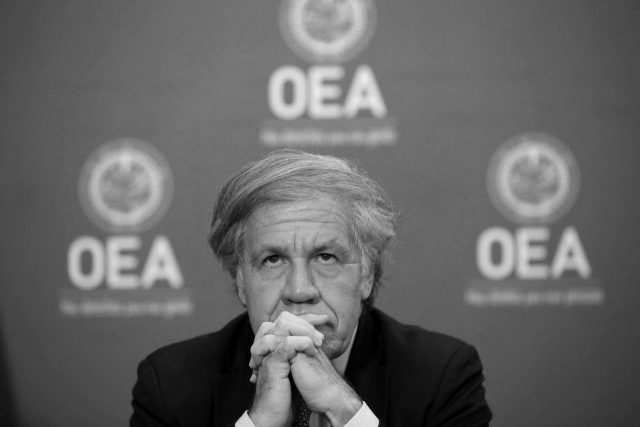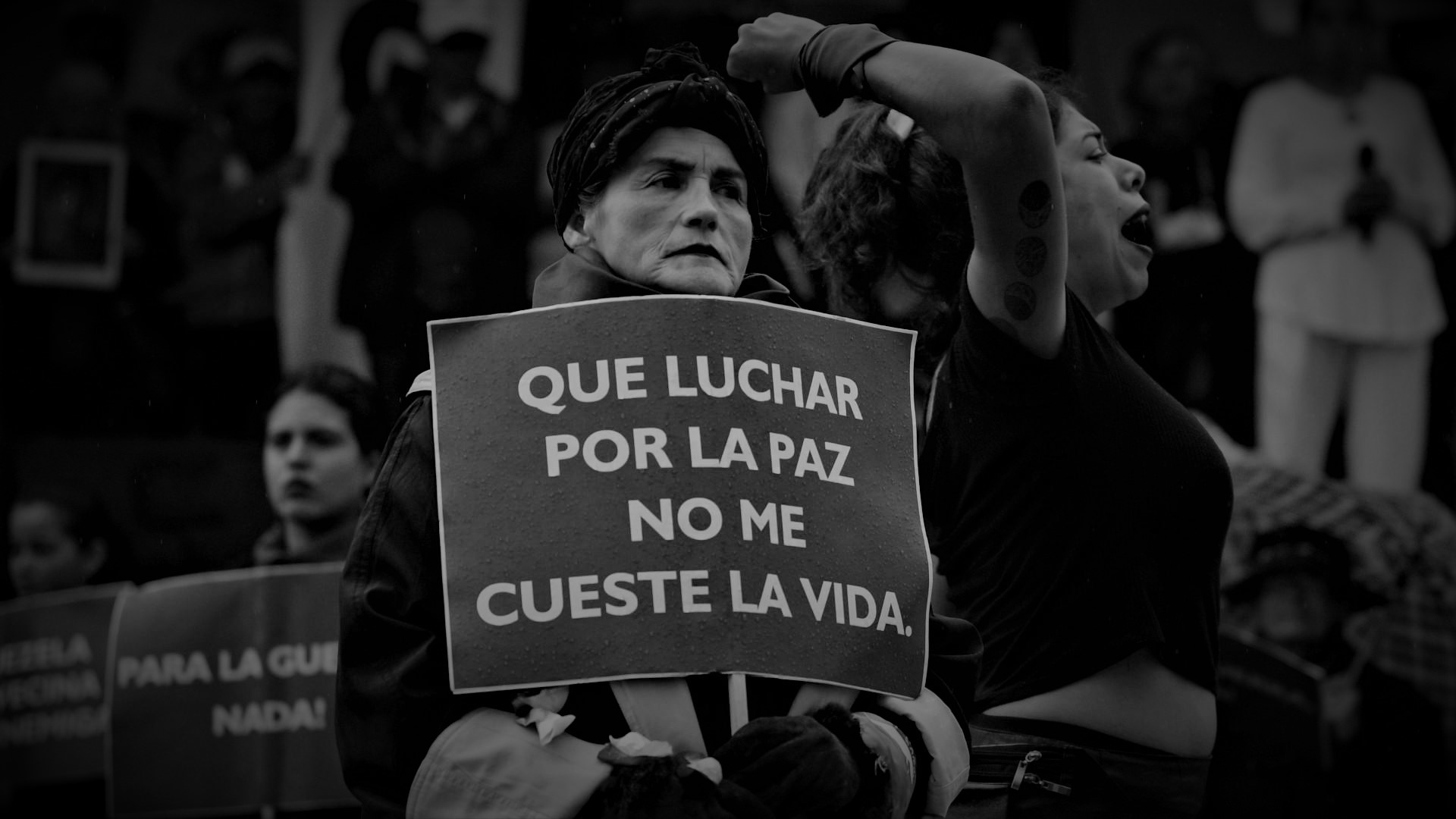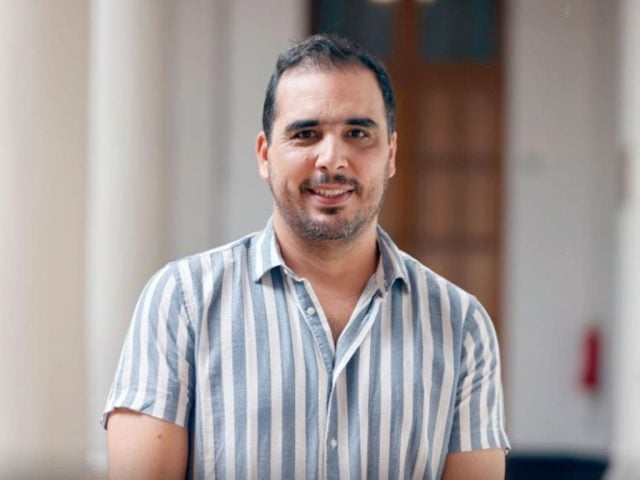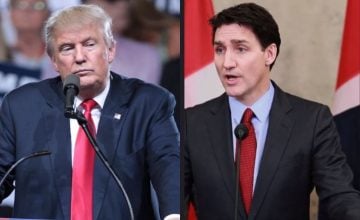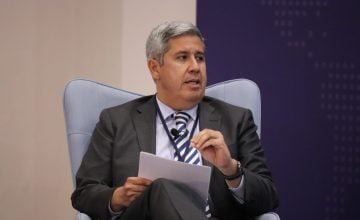The Organization of American States (OAS) and its Secretary General, Luis Almagro, are synonymous with clumsiness, lies, cheating, and inefficiency. Their recent record – to mention just one example – makes them responsible for the political and social crisis that the Bolivians lived for a year. An OAS report provoked massacres, imprisonment, exile and repressive acts that had the Bolivian people as the exclusive victim.
The forged document that they delivered to denounce an alleged fraud in the electoral victory of Evo Morales was widely denied. The OAS assured that it had ‘reliable sources’ and ‘accurate data’ to corroborate a fraud that never existed. On the contrary, numerous studies in the US media and universities called that report a solid lie. To date, no one at the OAS has apologized for their irresponsibility.
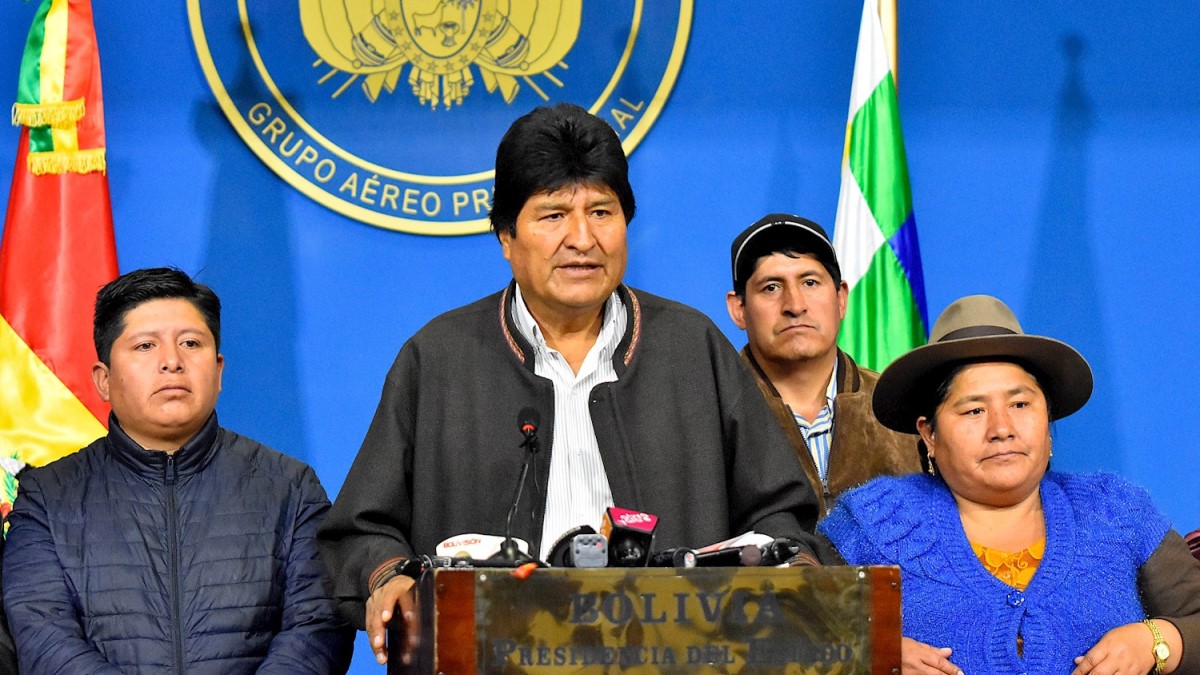
One year later, the OAS and Almagro are now targeting their interests against Venezuela and its people… once again. They have been doing it for five years, since the Uruguayan took office in 2015. However, their allegations have never been successful, always due to lack of evidence, since their complaints are based on inaccurate data.
This Wednesday, December 2, they published a report entitled «Promotion of impunity: the impact of the failure of the Prosecutor of the International Criminal Court (ICC) to open an investigation into the possible commission of crimes against humanity in Venezuela».
In that report, they ‘condemn’ that ICC prosecutor Fatou Bensouda has not ‘condemned’ Venezuelan President Nicolás Maduro. They express their anger, discontent and frustration that Maduro remains head of State. They regret that there is no arrest warrant issued by the highest international court.
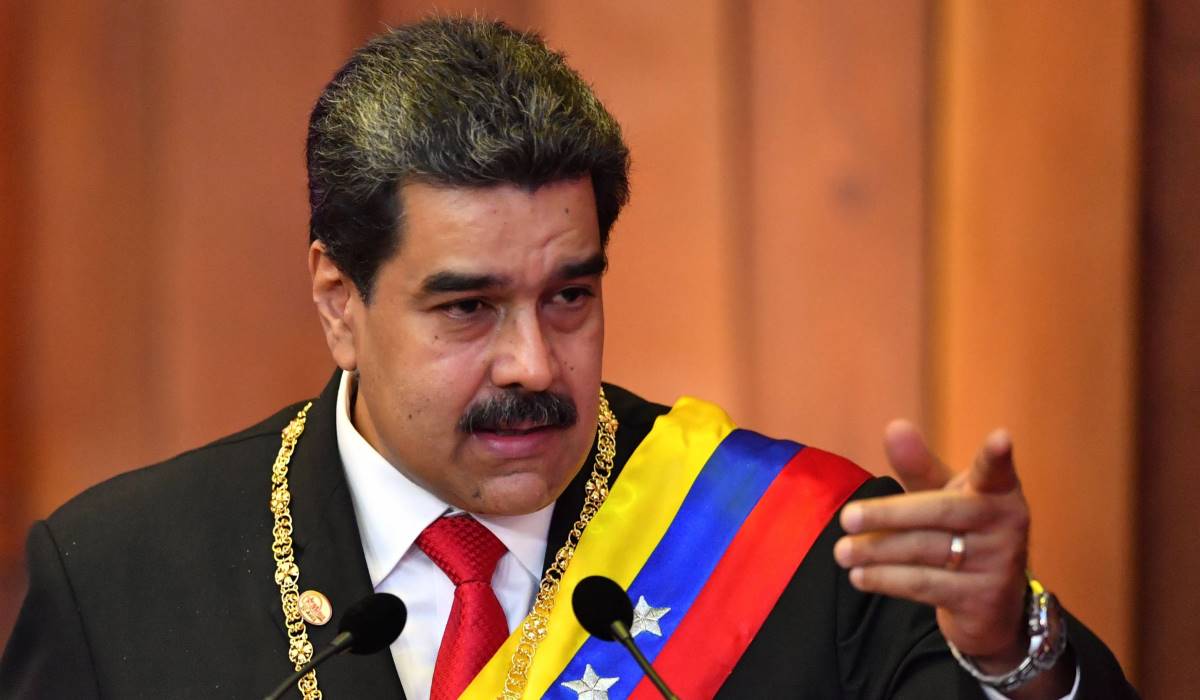
The double standards of the OAS report
The OAS and Almagro do not understand why reality is as it is. Therefore, in this new report they say that «there is a reasonable basis to conclude that the regime of Nicolás Maduro has been committing crimes against humanity in Venezuela since February 12, 2014».
Its statement recalls that time – a year ago – that they denounced fraud in Bolivia because there was «an unusual increase in votes in favor of Evo Morales» in the final stretch of the count. That, while deliberately omitting that this increase in votes came from areas that historically always voted for the indigenous leader.
The report on Venezuela is 153 pages long and expands on another 2018 report from a “Panel of Independent Experts”. That first report also said that «there is a reasonable basis to conclude that the Nicolás Maduro regime has been committing crimes …», well, the rest of the sentence is known.
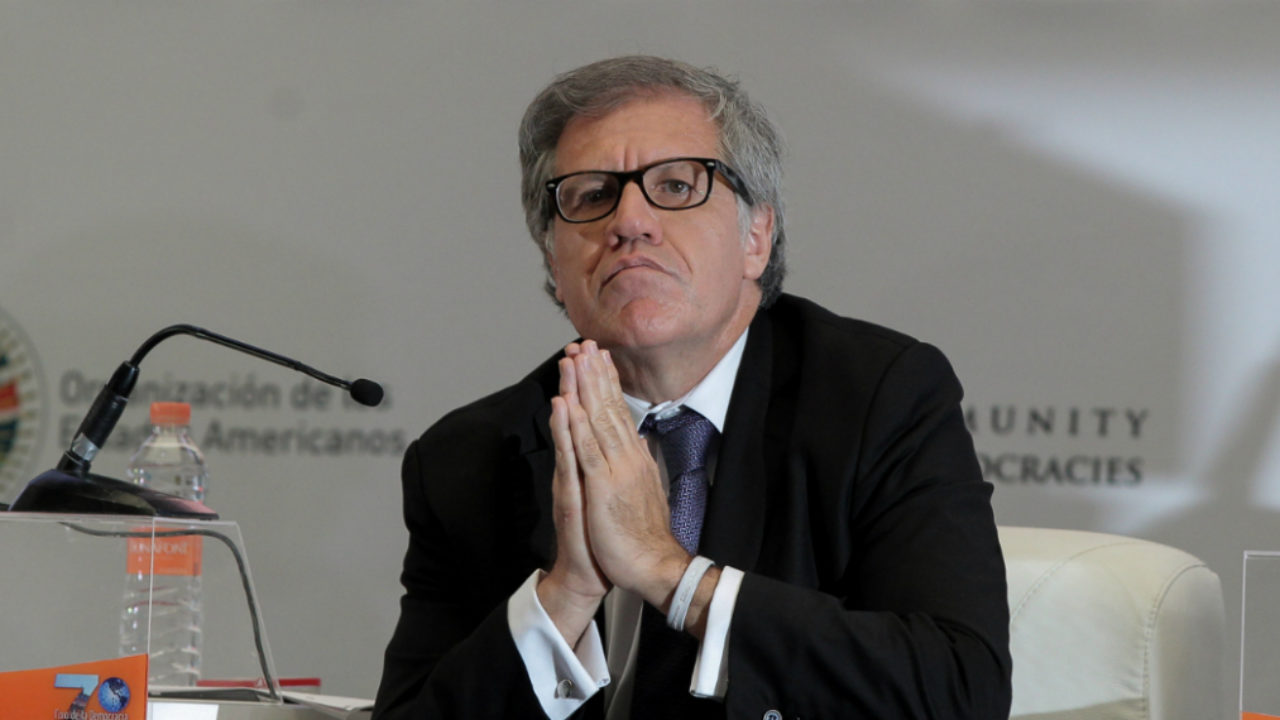
And yes, this report has 153 pages dedicated to Venezuela and Maduro. In the last year, there has never been a report – not even three pages long – on the ravages of the pandemic in Brazil due to the inaction of Jair Bolsonaro. Nor for the 78 massacres committed in Colombia in 2020 under the protection of Iván Duque.
Even less was there a report because of the political crisis in Peru, which proclaimed three presidents in a week. The OAS is not even thinking about writing a report on the human rights violations ordered by the de facto president Jeanine Áñez in Bolivia. Never, not a word, for the numerous and violent attacks against the African American population in the United States. The OAS only has eyes for Venezuela.
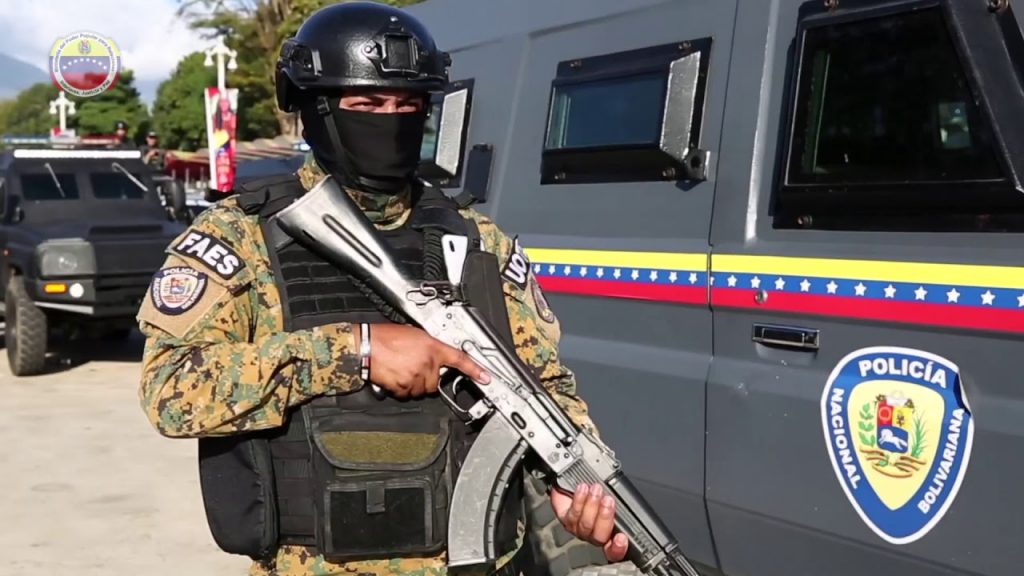
What complaints does the OAS report include
The document is released just when two events occur that will ratify the failure of Almagro as a lackey of Washington. First, the ratification of the defeat of Donald Trump in the presidential elections. And second, the holding of free and direct parliamentary elections in Venezuela, by constitutional mandate.
Precisely, these parliamentarians signify the end of the legislative period of Juan Guaidó, a substitute deputy who, on Trump’s orders, proclaimed himself interim president of Venezuela. Since then, he has dedicated himself to stealing the resources of the Venezuelan State abroad and requesting sanctions against the Venezuelan people.
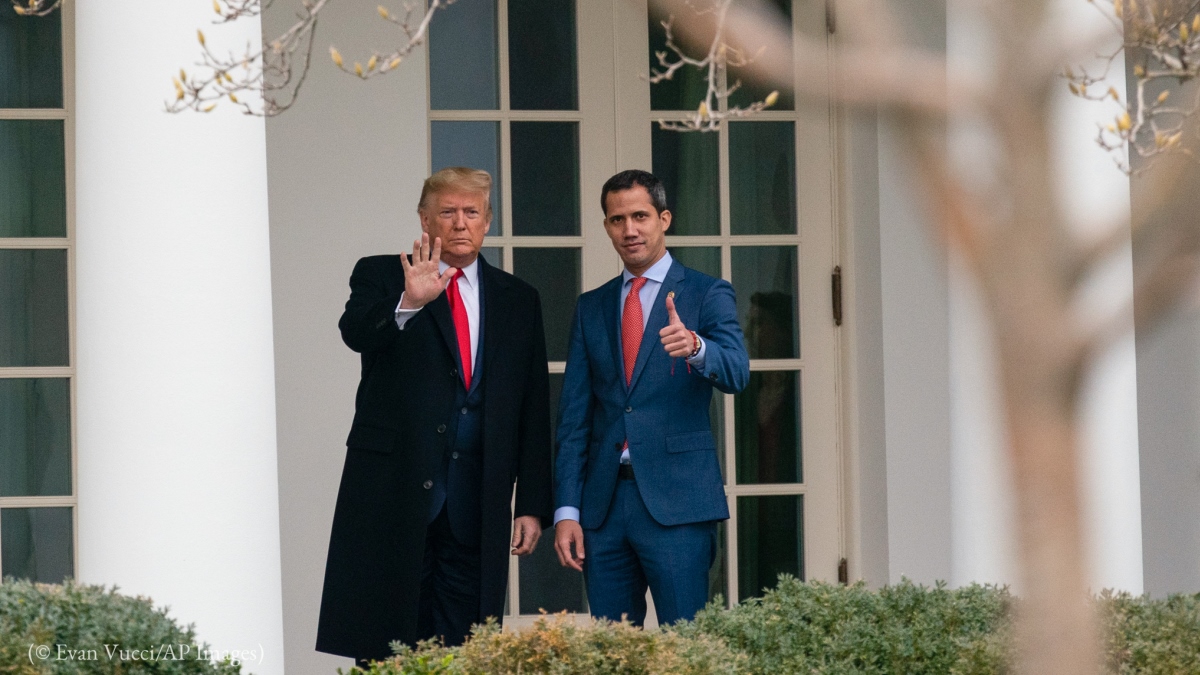
But, what are the complaints that the OAS and Almagro include in the new report? First, they speak of a humanitarian crisis «caused by unprecedented political and economic turmoil, coupled with a shortage of food and medical products».
Of course, conveniently, the report does not state that the economic, medical and food crisis is the product of unilateral coercive measures imposed by Washington and the European Union. These sanctions do not allow the purchase of food, medical supplies, machinery, spare parts and other essential implements to recover the productive apparatus of the nation.
Likewise, the report speaks of extrajudicial executions carried out by State security forces, arbitrary detentions and illegal imprisonment. It also mentions forced disappearances, torture, sexual violence as a weapon of control of the State, famine, malnutrition and epidemics of measles, diphtheria and malaria. In short, the scene of a chaotic and apocalyptic country.
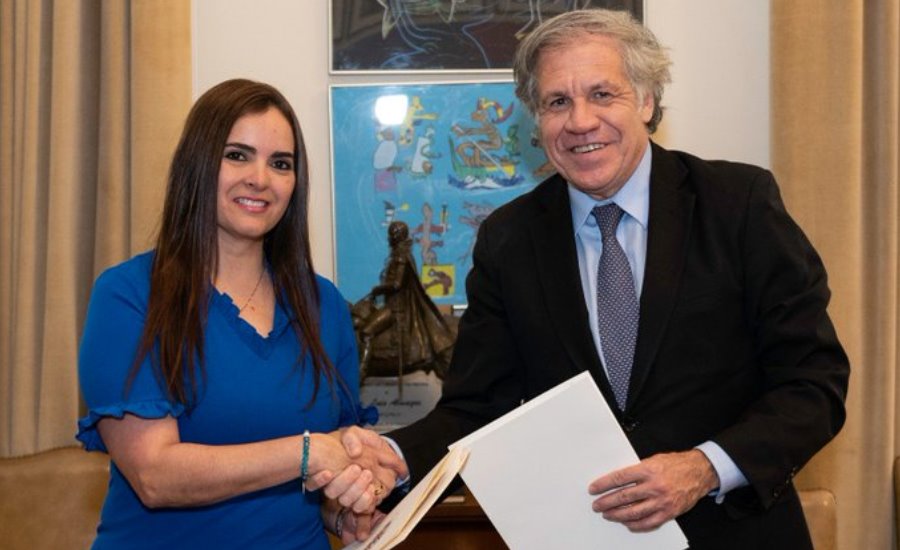
The ‘reliable’ sources of Almagro and company
Which are the sources used by the OAS and Almagro to make their extensive report? In the text they mention “reliable reports from multilateral organizations, NGOs and the media”. Now, the obligatory question is: are they as reliable and truthful as the sources used to report a fraud in Bolivia that never existed?
Its “sources” include the Venezuelan Observatory of Violence, the NGO Monitor de Víctimas and Foro Penal, the CASLA Institute and the Robert F. Kennedy Human Rights. Coincidentally, all these have, in the past, been designated as recipients of US State Department funds.
Perhaps, the most ‘reliable’ source used would be the Office of the United Nations High Commissioner for Human Rights. Months ago, this instance presented a similar report, based on the same sources that the OAS is taking advantage of today to produce its document.
Seen in another light, this OAS report decided not to make its own guesses, assumptions and analyzes. Instead, it decided to transcribe conjectures, assumptions and analyzes typical of organizations paid with funds from the US State Department and the Venezuelan opposition leadership.
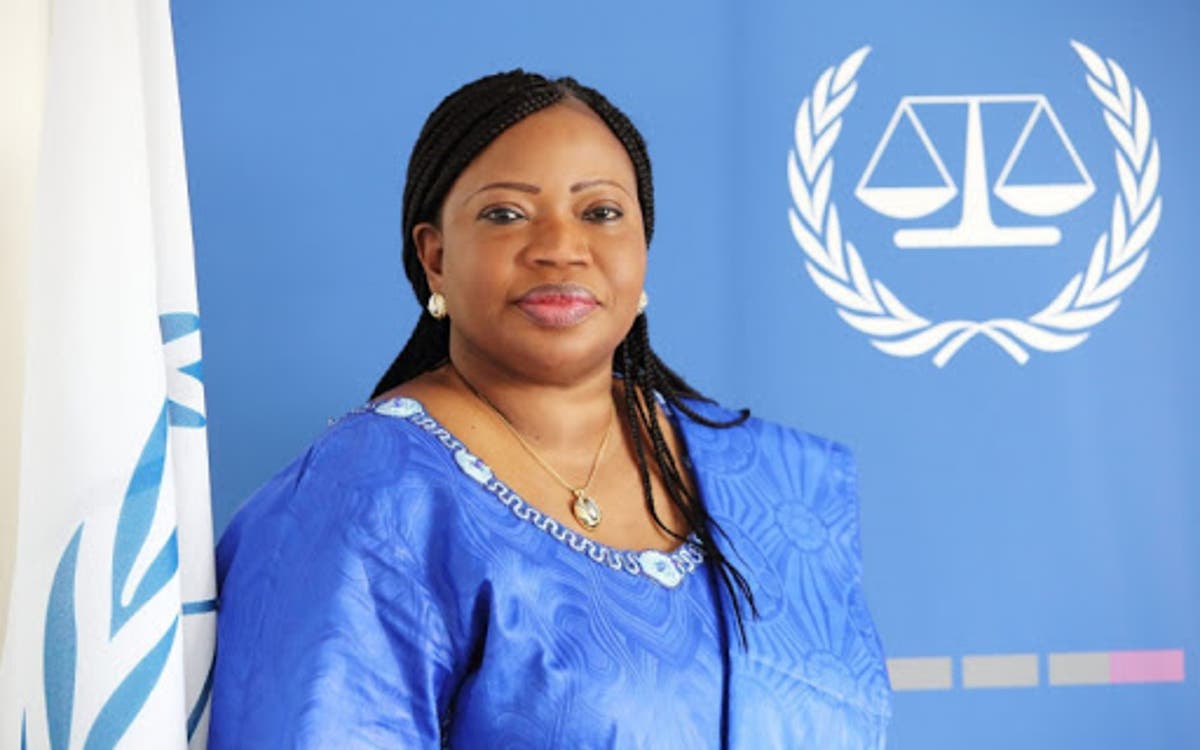
A shameless ‘scolding’ to the ICC
Faced with frustration at not achieving their mission, the OAS and Almagro highlight in their report “the failure of the ICC Prosecutor to conduct her preliminary examination expeditiously, as well as to open an investigation despite the overwhelming evidence of crimes within the jurisdiction of the Court ”.
In addition, with the same tone of superiority as Trump, although without the same power, they ‘recommend’ the Prosecutor «to proceed as quickly as possible to open an investigation (…) request immediate, full and open access to Venezuela, issue a public statement with detailed information on the deterioration of the situation (…) and highlight the true scope and seriousness ”of the country’s situation.
In his personal capacity, Almagro criticizes the ICC because “it has allowed the Venezuelan regime to operate with impunity. Every day of inaction on the part of the international community increases the suffering of the Venezuelan people. We call on the Prosecutor of the International Criminal Court to act and show the world that crimes against humanity will not go unpunished”.
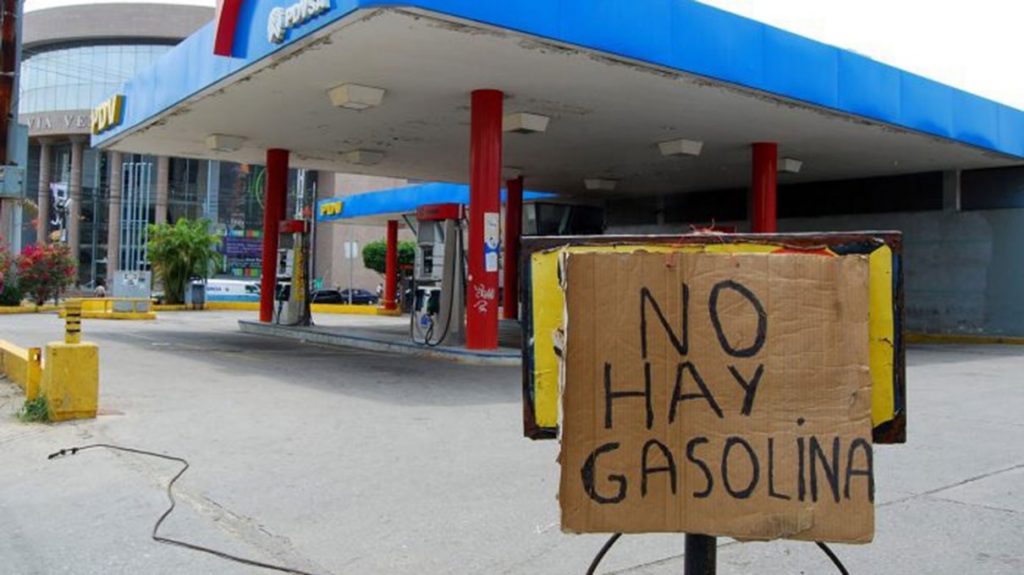
In addition, special adviser Jared Genser noted: «The only reasonable conclusion reached when examining the scale and extent of human rights abuses (…) is that these actions constitute crimes against humanity». Again, the expression «only reasonable conclusion» evokes that «unusual increase in votes» in Bolivia.
«It is therefore both inexplicable and shocking that, after almost three years examining the situation, the prosecutor Fatou Bensouda has not opened an investigation into the alleged crimes», adds the report.
And, among so many criticisms, there is not the slightest self-criticism to understand that the ‘only reasonable conclusion’ that its report is not taken into account is because it is based on false and/or altered data.
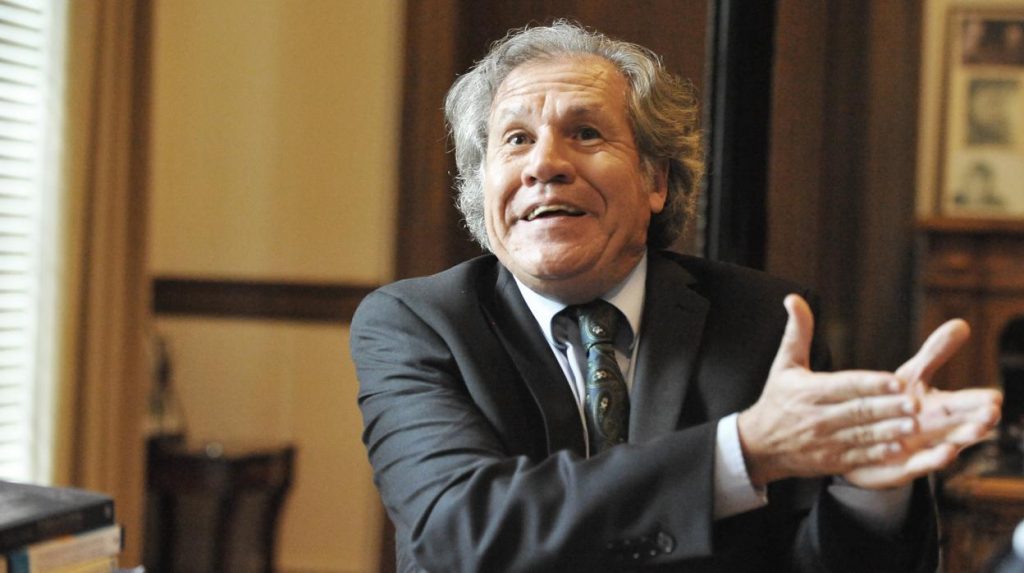
Almagro’s obsession with Maduro
For Almagro, the report looks like an undergraduate thesis to present to Trump, before the mogul leaves the White House in January. The 153 pages has several ‘chapters’, if the term allows it:
- Detailed executive summary.
- Updated account of the political crisis in Venezuela.
- Summary and legal analysis of the preliminary examination of the Prosecutor’s Office on the situation in Venezuela.
- In-depth evaluation of the main multilateral investigations on the situation in Venezuela.
- Detailed analysis of alleged crimes against humanity in Venezuela, including murder, torture, imprisonment or severe deprivation of freedom, enforced disappearances, rape / sexual violence, persecution and other inhumane acts.
- Examination of the criminal responsibility of officials of the Maduro regime.
At the moment, there is no official statement by the Government of Venezuela. However, it is a matter of hours for the Foreign Ministry of the South American country to issue a statement. On previous occasions, the Venezuelan ambassador to the UN, Samuel Moncada, has dedicated himself to denying – step by step – previous reports that seek to accuse Venezuela of nonexistent crimes.
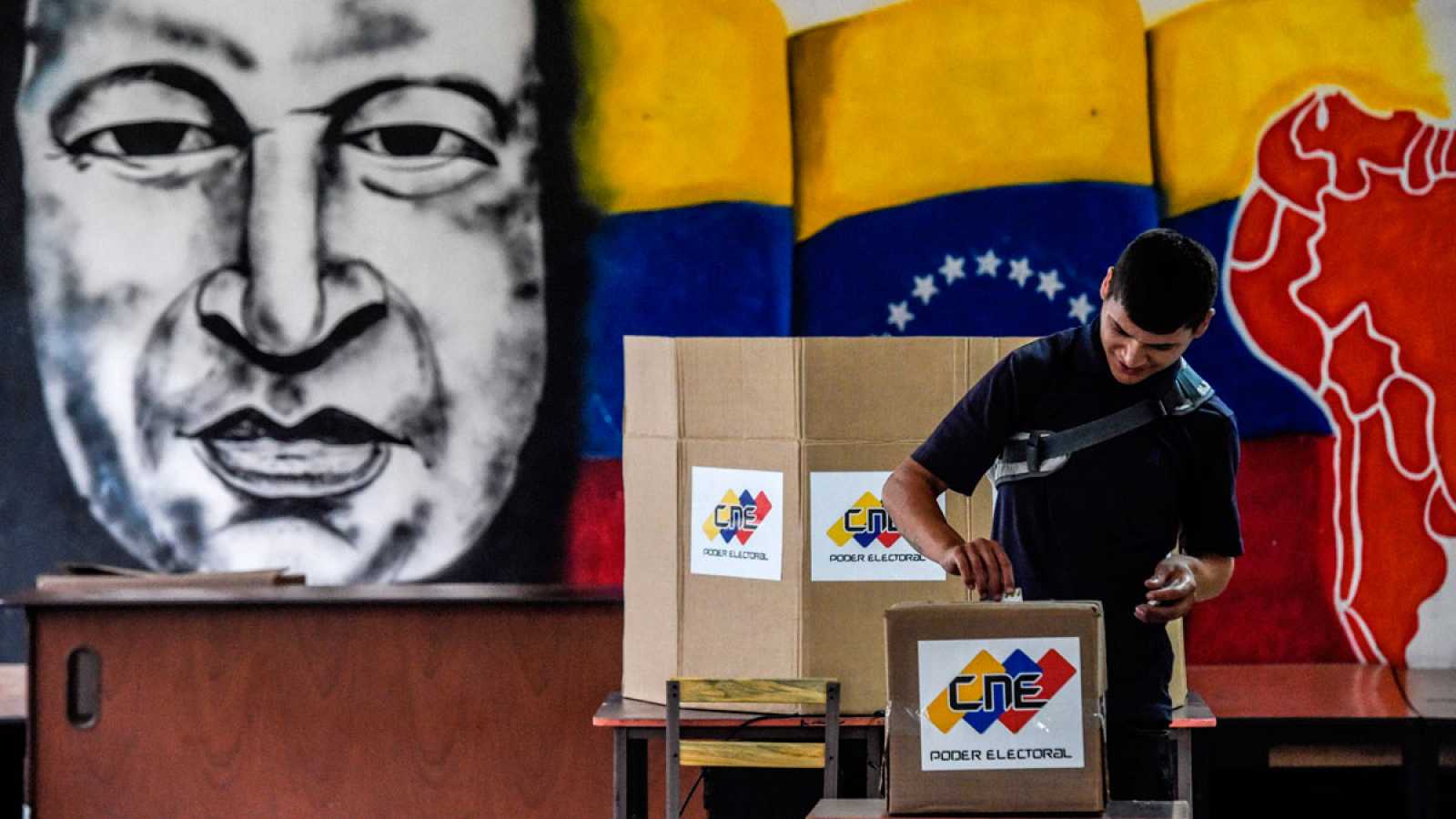
In addition, just hours away from the legislative elections in Venezuela – and a few weeks after Trump said goodbye to the White House – new attacks will surely intensify to try to discredit Caracas.
While that happens, this Tuesday, December 1, the UN General Assembly recognized the government of Nicolás Maduro as the sole and legitimate representative of Venezuela for the 2020-2021 period. So, to use a phrase from Ambassador Moncada, this new OAS report «is the failure of Trump’s colonial adventure and a victory for the sovereignty and independence of Venezuela».
